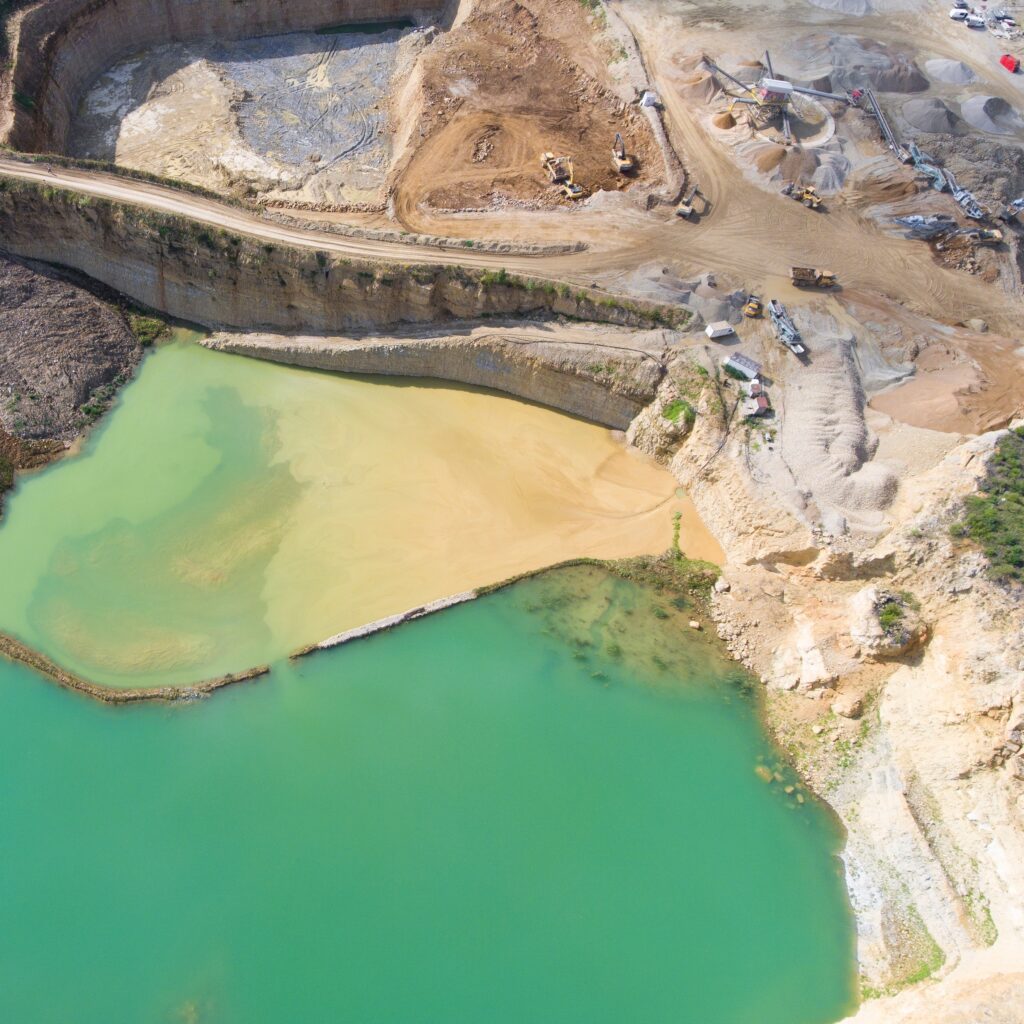A stressed and struggling planet should be reason enough for companies to limit their environmental impact, writes INX Software CEO Marcus Ashby — but there is a hip-pocket incentive for directors as well.
When it comes to director remuneration, financial performance has been the overarching driver of success — at least, until now.
While revenue, profit and market share remain important to a company’s performance, investors are increasingly incentivising action on other fronts.
In fact, even without regulatory action to compel listed companies to report against non-financial targets, Australia now leads the world in tying executive salaries to measures associated with ESG.
The message for companies not yet tracking their ESG performance is clear: your competitors, investors and people know this matters — and they want proof that you understand this as well.
The rising rage of shareholders
To understand how poor ESG results can put executive salaries at risk, it’s worth looking back to the years after the global financial crisis.
Burned by bad or risky behaviour, and unimpressed by lacklustre leadership, shareholders of big companies started to revise their expectations for executive packages.
Results mattered, but so did good governance, and companies started to see shareholder anger fuelled by concerns over accountability and risk.
Then in 2016, shareholders kicked off.
Groups banded together to question executive remuneration, even at strong performers, demanding better annual reporting and pushing back on rubber-stamping director bonuses.
At the same time, the list of concerns grew.
Since then, every AGM season — virtual or not — has seen companies facing down lists of questions about their ‘other’ performance.
Are they treating workers well? Are they managing the risk of exploitation in the supply chain? Are they meeting shareholder expectations for environmental performance?
It’s not just small shareholders pushing for reform either.
Investor groups like BlackRock, the world’s biggest money manager, have increasingly voted with climate activist shareholder groups to block executive pay rises and push shareholder proposals where companies aren’t being seen to perform.
What gets measured gets changed
So what measures are Australian directors being judged against?
Well, there’s still more emphasis on the S and G of ESG than on the E.
Each year the Global Governance and Executive Compensation Group or GECN looks at the non-financial metrics that apply to executive pay and its latest report shows Australia performs well — at least on paper.
Eighty-three ASX100 companies had short-term incentives for ESG and similar measures in 2021, compared to 71 per cent of listed global companies on other leading indices.
But the majority of measures fell into the social category, from workplace safety, injuries and fatalities to gender balance and diversity to employee turnover and corporate culture.
Only 34 per cent of Australia’s biggest companies, and 30 per cent across the globe, had environmental metrics in their employee incentive plans.
Those that did were focusing on greenhouse gas emissions and the use of renewable energy. But there are other important metrics that usually go unreported around air quality, land care, wastewater management and any exceedances of environmental exposure limits.
The tide is turning for companies in denial
The low level of reporting on environmental issues should concern us all, but it should most concern company directors who have made little or no effort to start tracking ESG performance.
In short, that time has come.
All over the world, regulators and legislators are compelling companies to disclose climate-related financial information and activity, and Australia’s ASIC is taking note.
At INX, we hold firm to the idea that the future belongs to those prepared to protect it.
We make intuitive software to help companies do just that, including measure specific, quantifiable activity that can be reported against ESG measures.
Many companies have already started on that journey, whether to comply with regulation or to respond to the shifting landscape.
For those who haven’t yet started, it’s time to take the first step.














